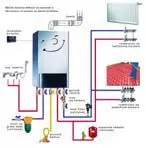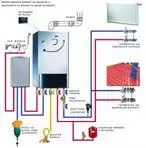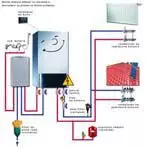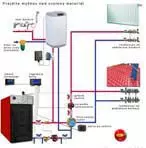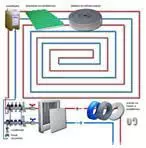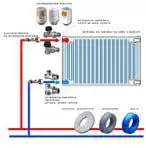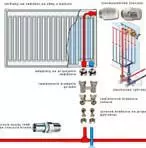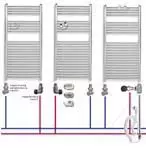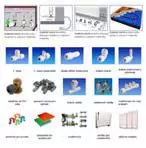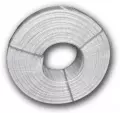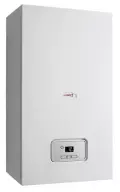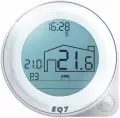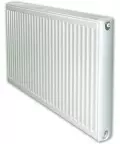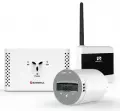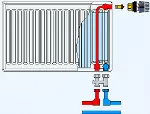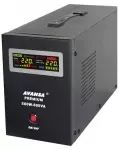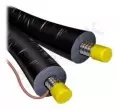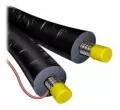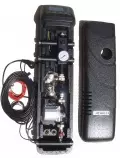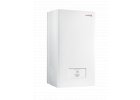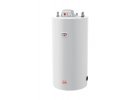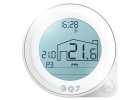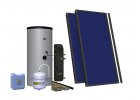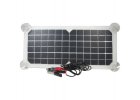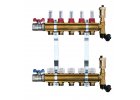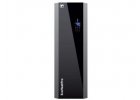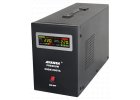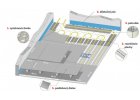Electric energy
Electric energy is the ability of an electric field to do electrical work. The more energy an electric field has, the more electrical work it can do.
All bodies with an electric charge (electrically charged bodies) have electrical energy. Most often, electrical energy is given for electrical sources in the form of electromotive voltage.
Electrical energy is energy in the form of electric current and electric voltage. It is the most used secondary energy due to its purity, universality, the possibility of long-distance transmission and easy distribution. Its essence is the flow of free electrons at the conductive connection of places with different electric potential. Among its shortcomings, we can include the dependence of its production on its consumption, i.e. j. impossibility of storing electricity.
The electrical energy consumed (loss of electrical energy) ΔE is equal to the electrical work W done by the electric field:
{\displaystyle \Delta E=-W}
The electrical energy consumed in the appliance, through which a constant electric current I flows for a period of time t, and at the terminals of which there is a constant electric voltage U, is calculated:
{\displaystyle E=U.I.t}
or
{\displaystyle E=P.t}, where P is the constant electrical input of the appliance.
In addition to the basic unit joule, the unit kilowatt-hour, abbreviated kWh, is used for electricity in practice:
1 kWh = 3.6 MJ
Electrical energy is one type of energy and can be changed into mechanical energy, thermal energy (Joule heat), light energy, chemical energy, etc.
Electric energy is characterized by current (the flow of electric charge) and voltage (the potential of an electric charge to deliver energy). Electrical power is achieved by any combination of current and voltage values. We recognize two basic types:
Direct current (direct current = DC) - the electric charge always moves in the same way through the device that receives the energy.
Alternating current (alternating current = AC) - electric charge moves back and forth in a device that receives energy. It is divided into three types: apparent power, active power and reactive power.
Electricity production
Electric energy for supply to the electrical distribution network is obtained from various sources. If it comes from the transformation of water, wind, solar, geothermal energy, we are talking about the so-calledgreen energy from renewable sources. Until recently, the most widespread method of obtaining electricity was through conversion during the burning of fossil fuels, especially coal, which is now on the decline in terms of efforts to reduce CO2 emissions, especially in Europe. In Slovakia, the largest share of electricity production is in nuclear power plants.













